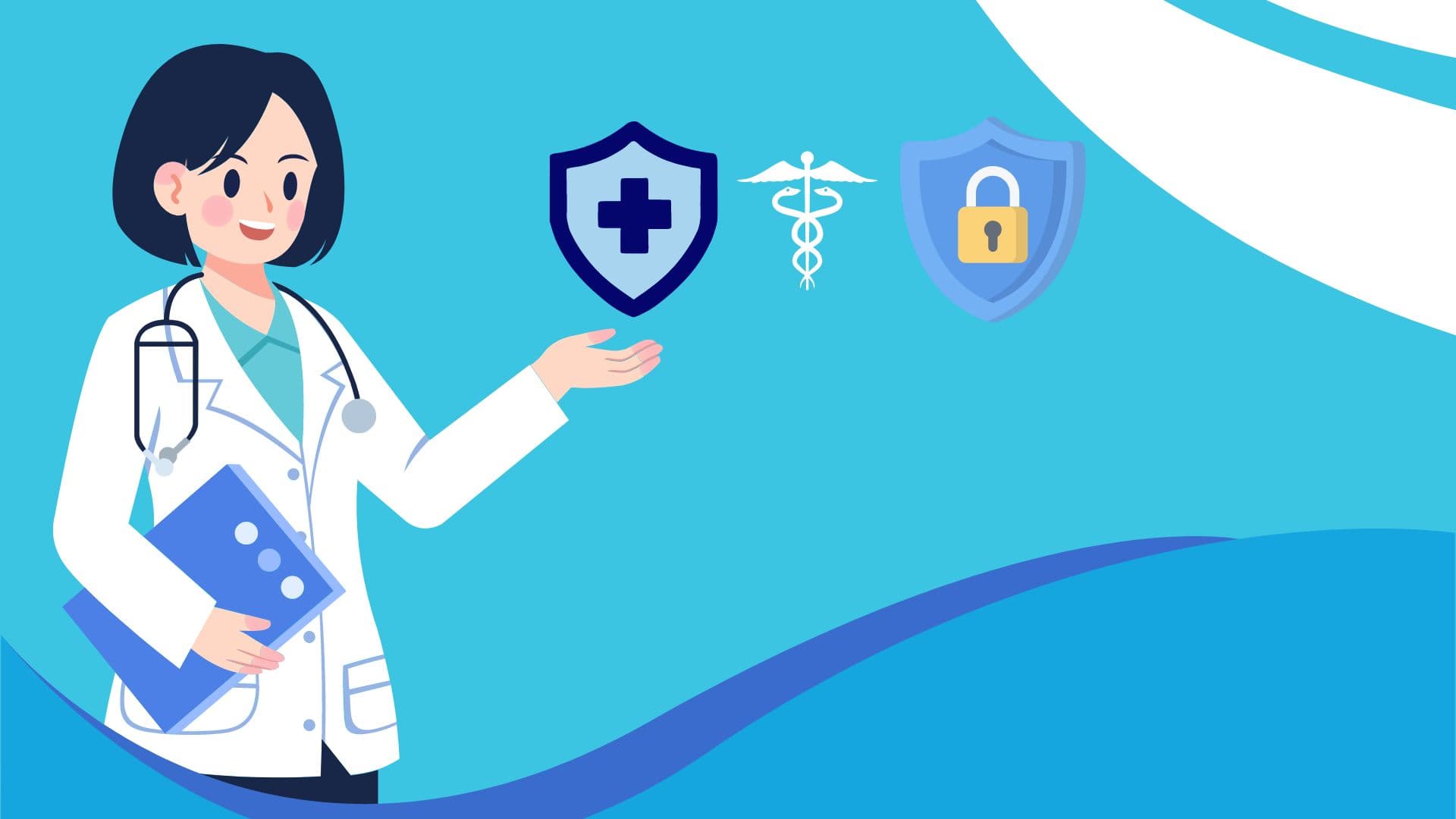
The Health Insurance Portability and Accountability Act (HIPAA) is a piece of legislation that went into effect in 1996 in the US. It was designed to safeguard patients’ sensitive medical information and establish standards for electronic healthcare data exchange. HIPAA aims to ensure the privacy, integrity, and availability of protected health information (PHI) while improving …
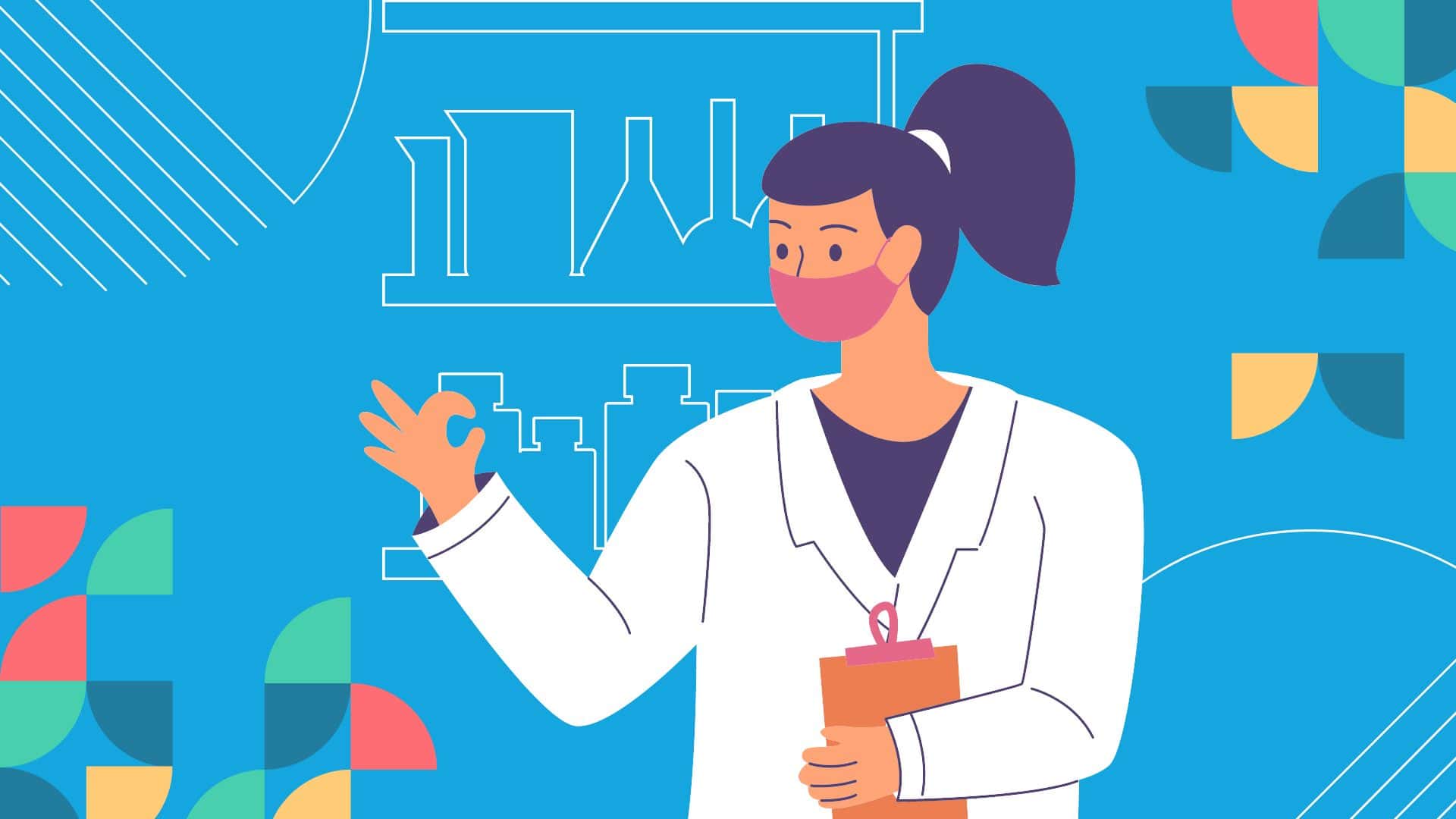
Becoming a licensed pharmacist is a journey that promises fulfillment, challenge, and the opportunity to make a meaningful impact on people’s lives. Choosing this career path means becoming an expert in medication who ensures patients receive the right drugs, understand how to use them safely, and avoid harmful interactions. In this guide, we’ll break down …
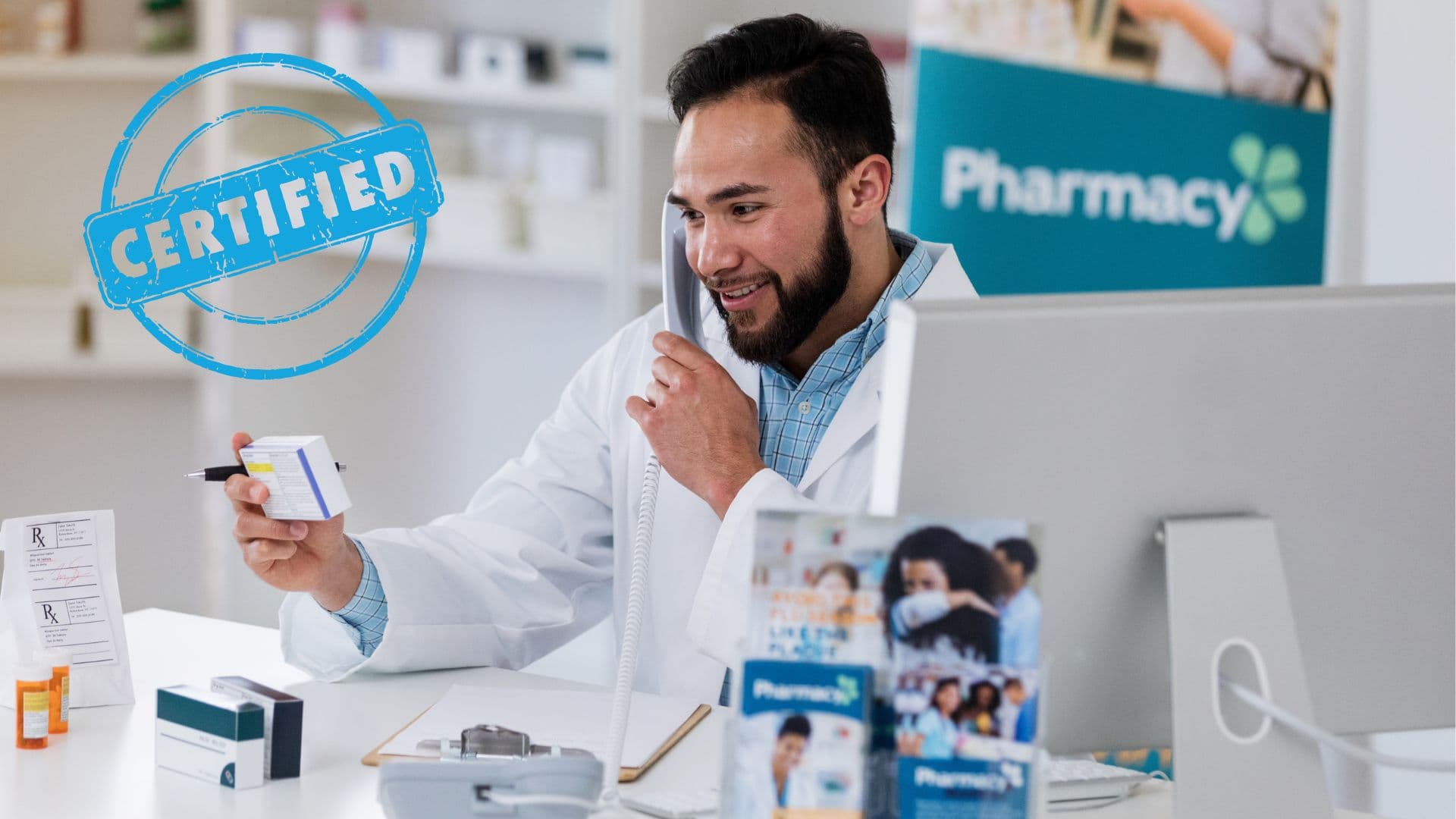
If you’re interested in starting a new career path within the healthcare field, becoming a pharmacy technician is an excellent option to consider. Compared to many other occupations within this field, the pathway to becoming a pharmacy technician is generally quicker and more accessible than becoming a doctor, for instance, while still giving you access …
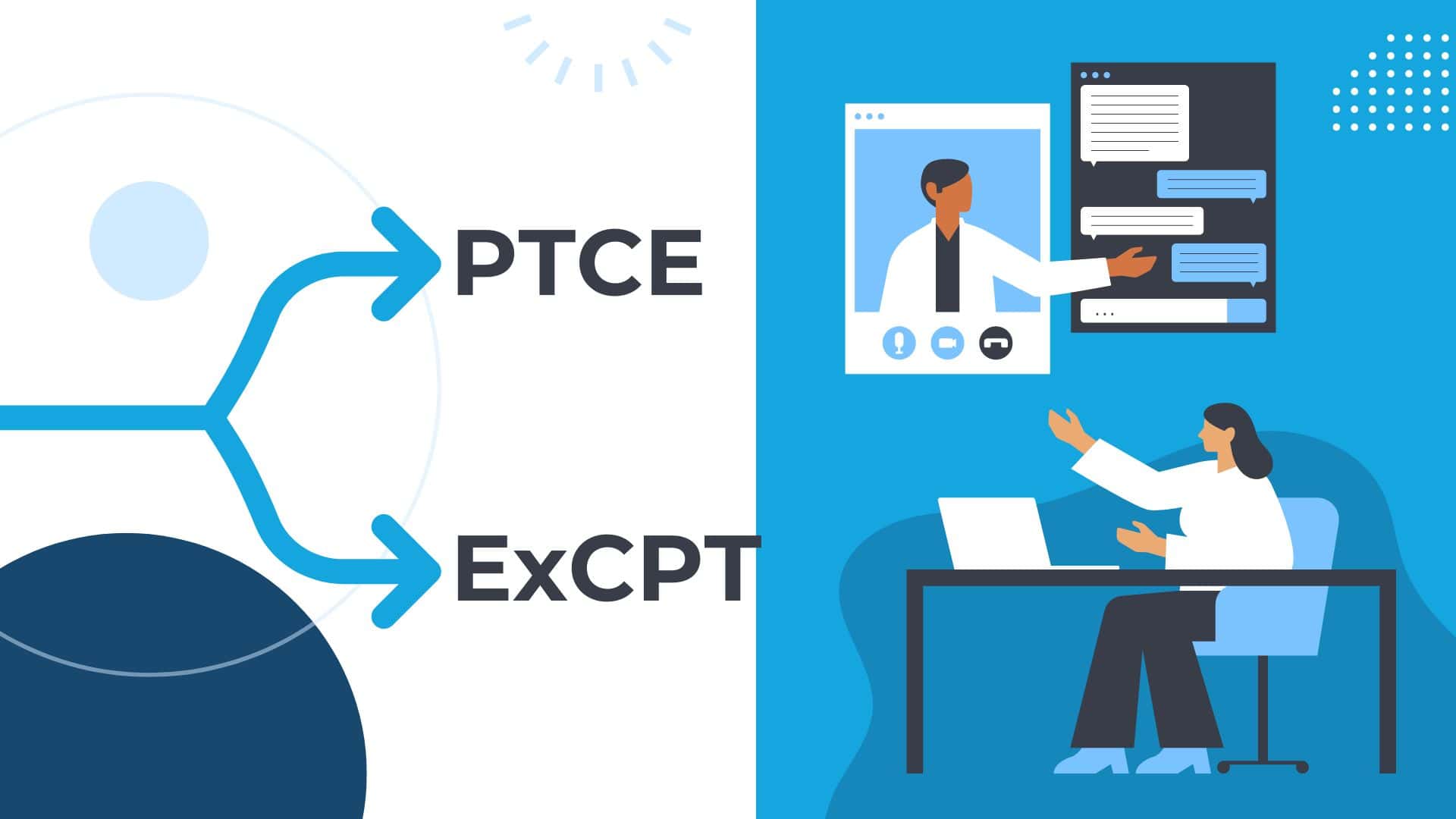
Becoming a pharmacy technician is an excellent choice for those interested in an accessible, lucrative career path within the healthcare field. Acquiring a pharmacy technician certification will allow you to outshine competitors and enhance your chances of obtaining your ideal position within the pharmaceutical industry. In order to earn a Certified Pharmacy Technician (CPhT) credential, …
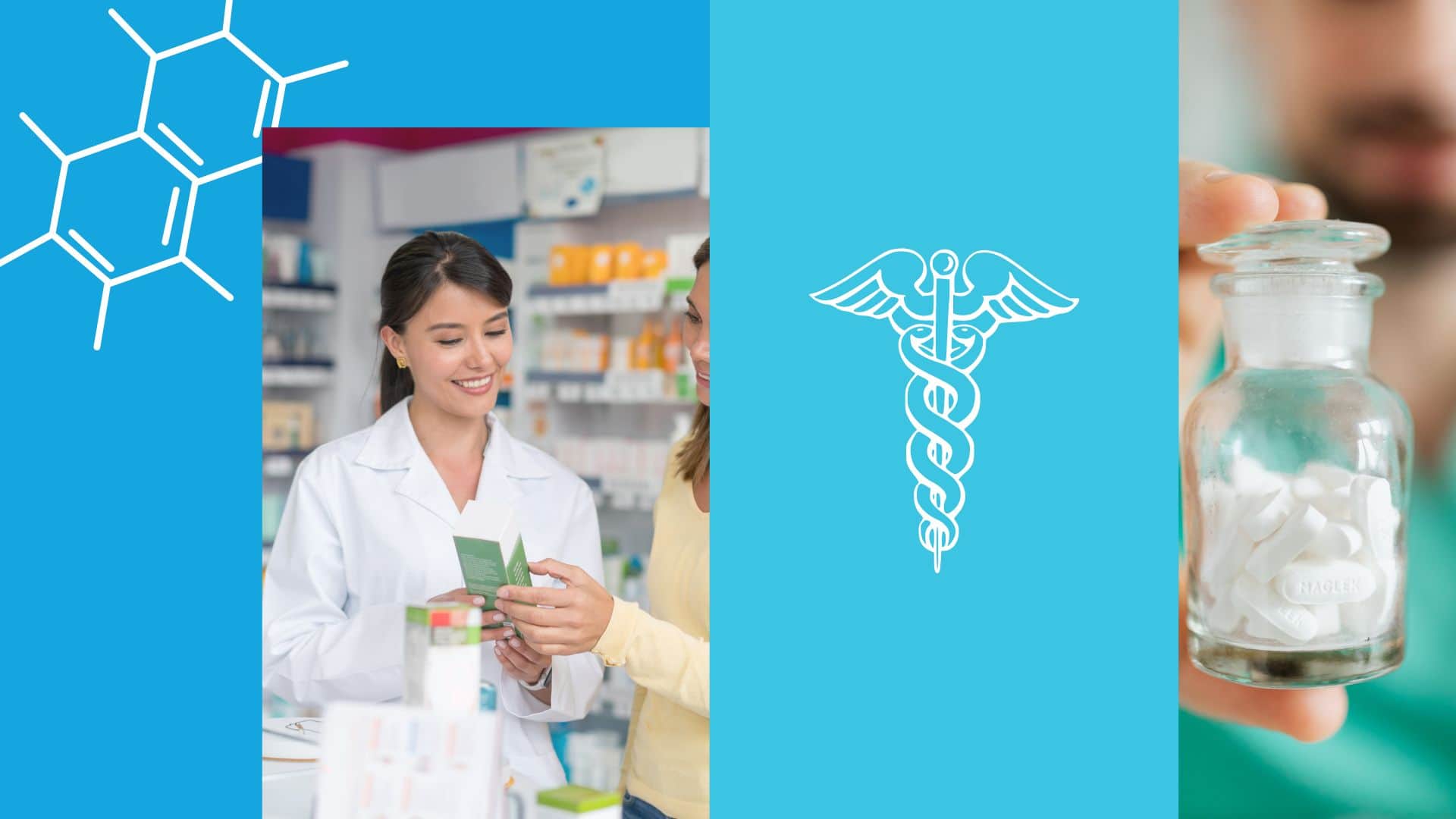
If you’re intrigued by the world of pharmacy and envision a career that combines patient care with a fast-paced work environment, becoming a certified pharmacy technician (CPhT) could be the perfect fit for you. A PTCB certification is the key to unlocking this exciting career path The Pharmacy Technician Certification Board (PTCB) is a non-profit …
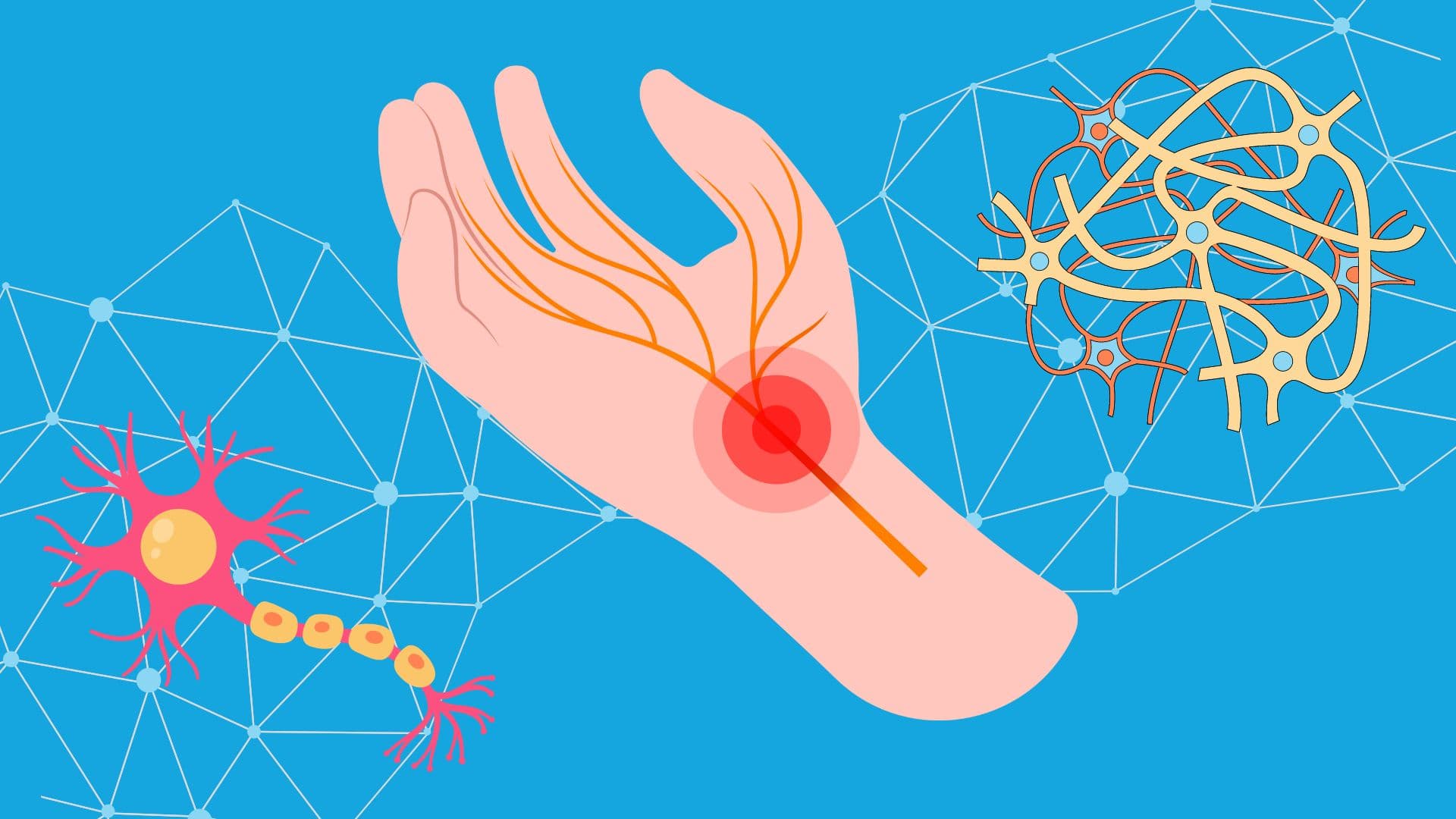
Peripheral nerves in the upper and lower limbs may be injured due to fractures or compression. Each nerve injury can be diagnosed by specific deficits in the corresponding area of distribution. Brachial plexus gives rise to all major nerves in the upper limb. Lesions of the brachial plexus are seen in birth injuries.
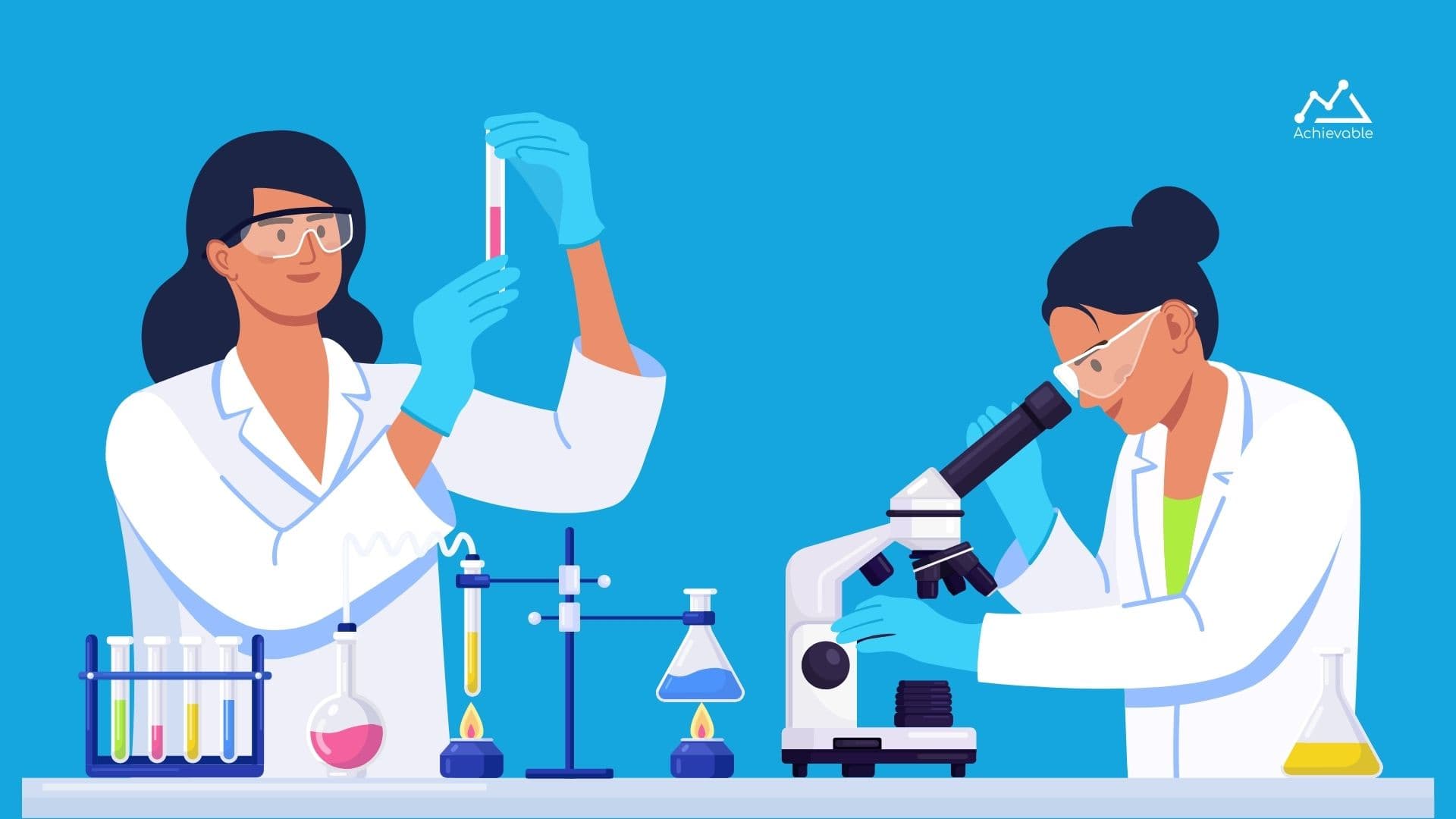
This video explains how to interpret common laboratory investigations with respect to the USMLE. SGOT and SGPT are often elevated together in many disorders but one of them may be proportionately elevated more than the other, which can give important clues for diagnosis of diseases. Alkaline phosphatase is elevated in various diseases but in the presence of liver involvement, it is specific for obstructive jaundice.
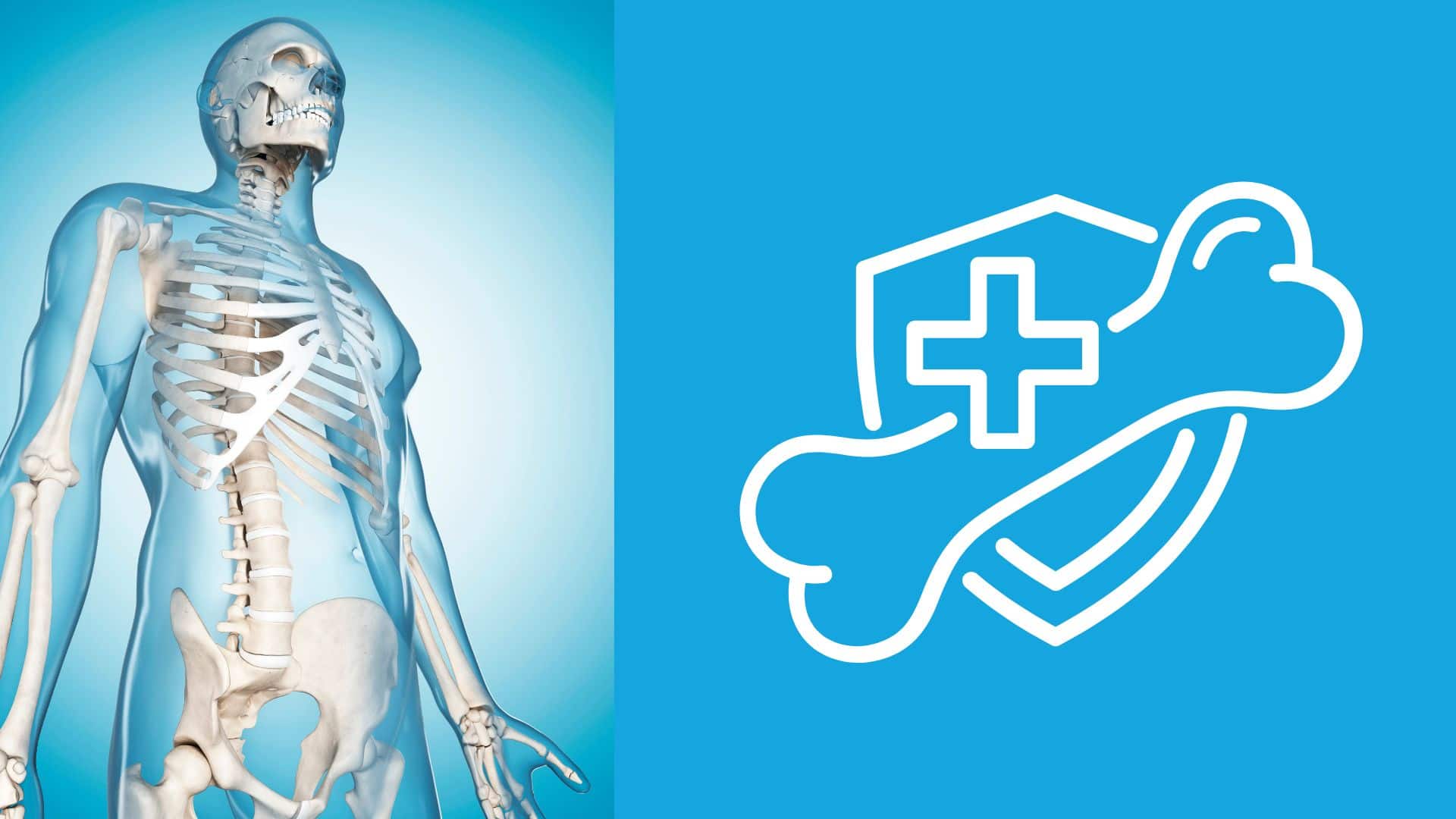
Imbalances in calcium metabolism result in hypercalcemia and hypocalcemia. Diseases affecting the parathyroid gland, kidneys and liver are the major causes of calcium imbalances. Levels of parathyroid hormone or PTH, calcium and phosphate can help to diagnose the cause of hypercalcemia and hypocalcemia.
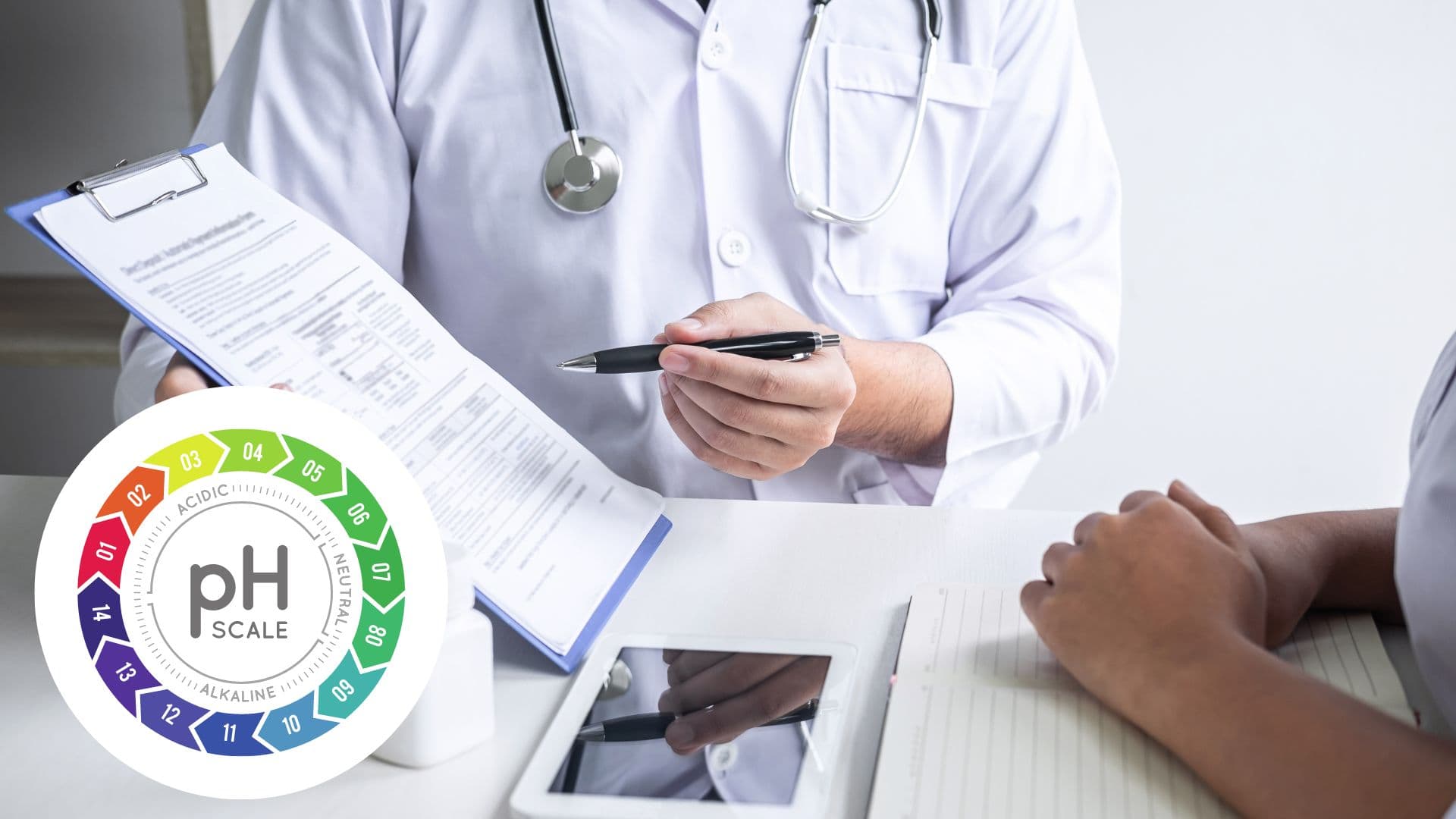
Acid-base disorders can be primary or mixed. They are common in critical care settings. It is important to recognize and correct acid-base disorders to prevent morbidity and mortality. Calculating expected compensations helps to correctly diagnose the type of acid-base disorder.
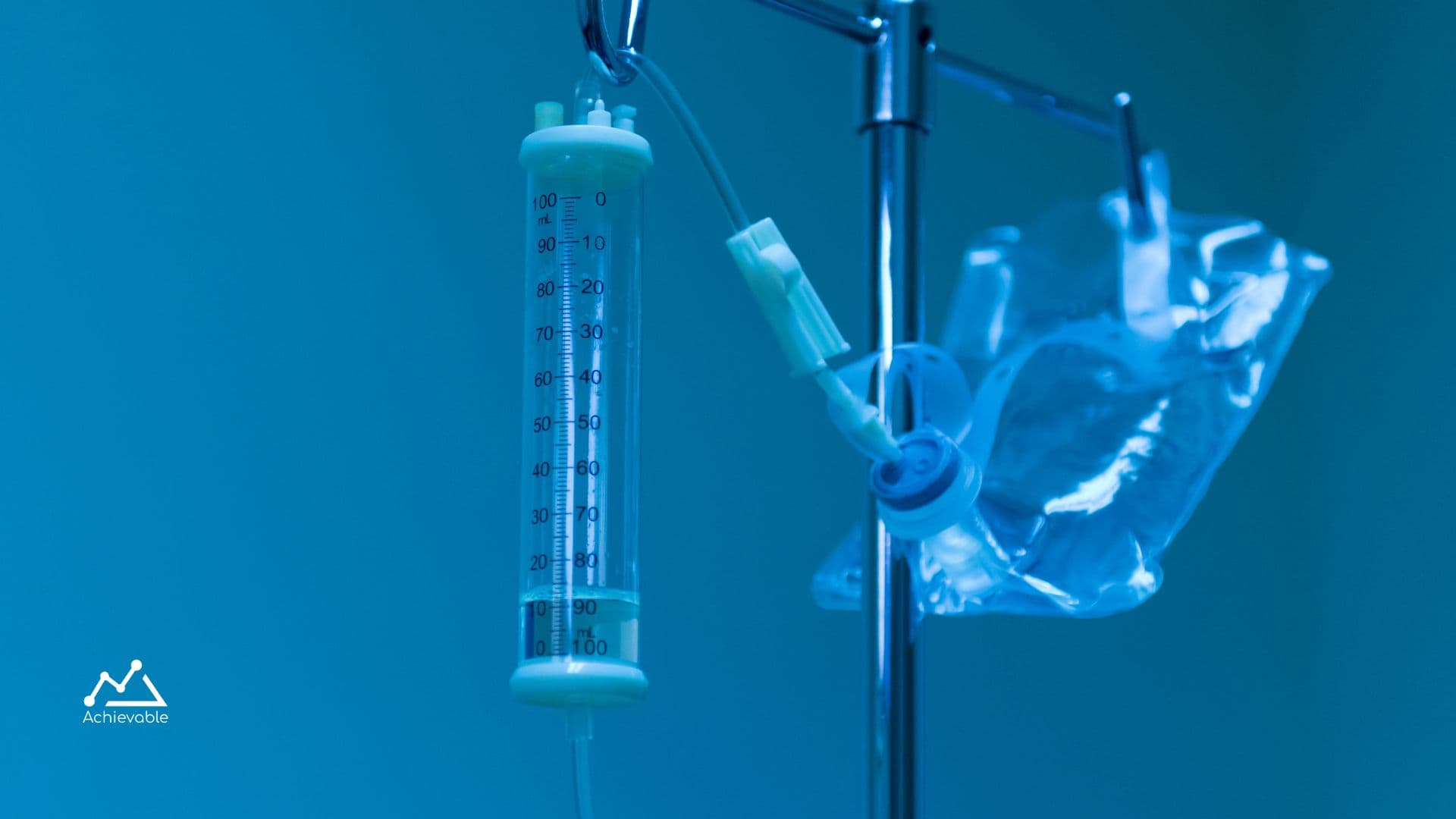
Fluid shifts between body compartments occur between the ECF (extracellular fluid) and ICF (intracellular fluid). It is determined by changes in osmolarity of ICF or ECF. The video explains the fluid shifts in different disorders and the types of volume contraction and expansion.
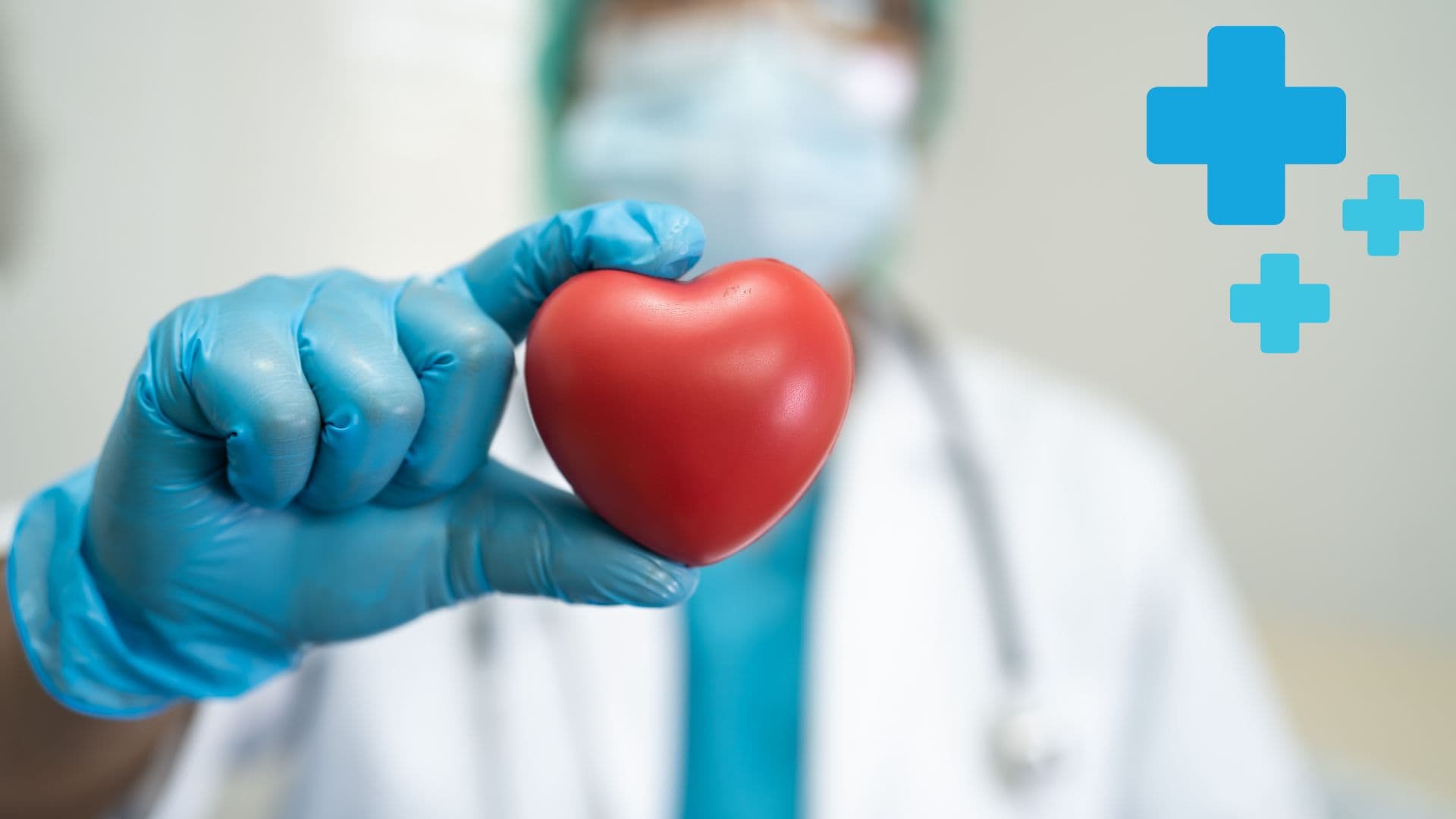
This video explains the changes seen in cardiac cycle tracings in valvular heart diseases. You can learn key features to help you differentiate normal from abnormal tracings in specific valvular disorders.
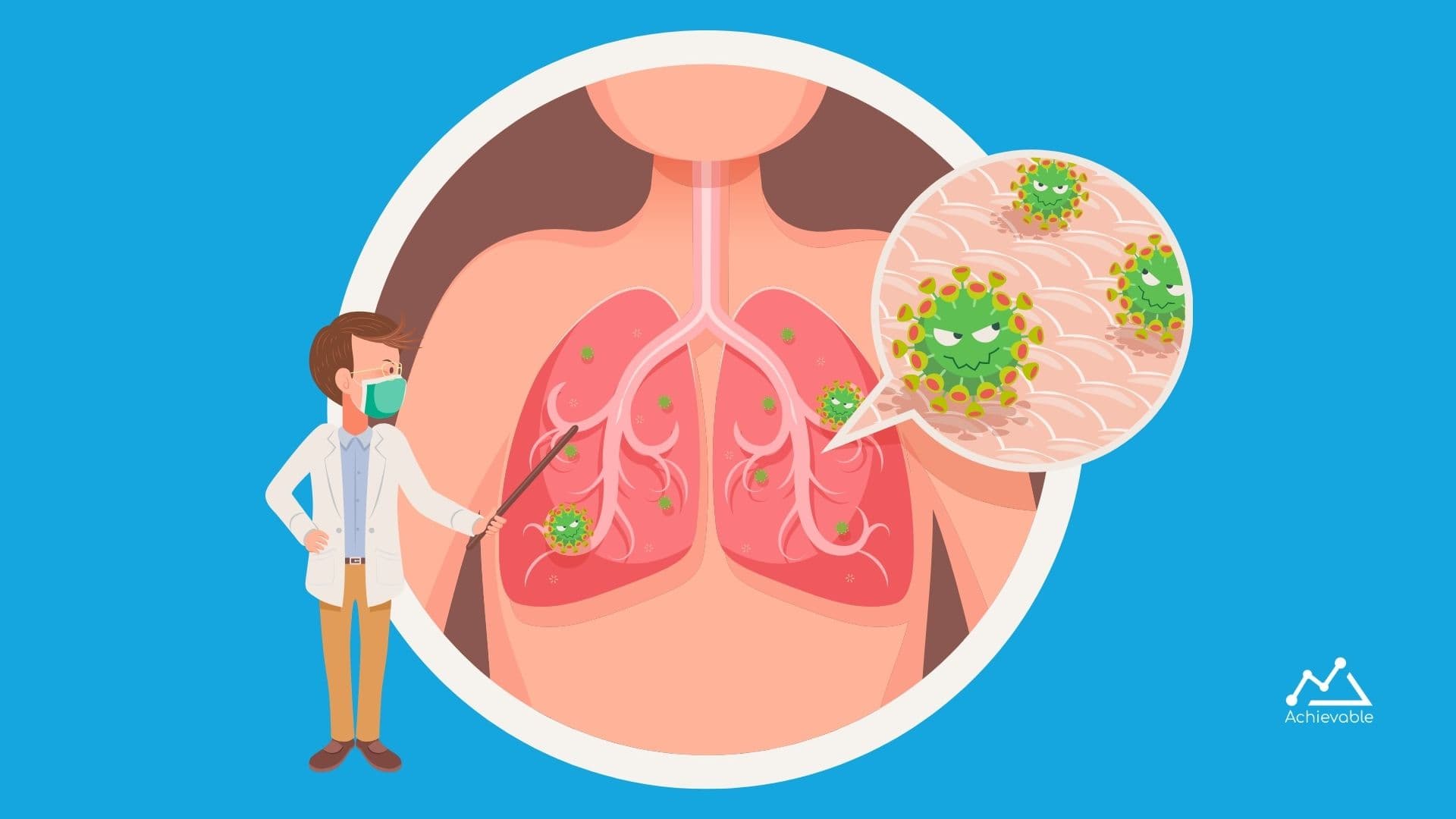
In this video Sujata explains the pathophysiology, diagnosis and management of pneumothorax. It is a high yield concept for all steps of the USMLE. Pneumothorax is of four different types and management is guided by the type and severity.
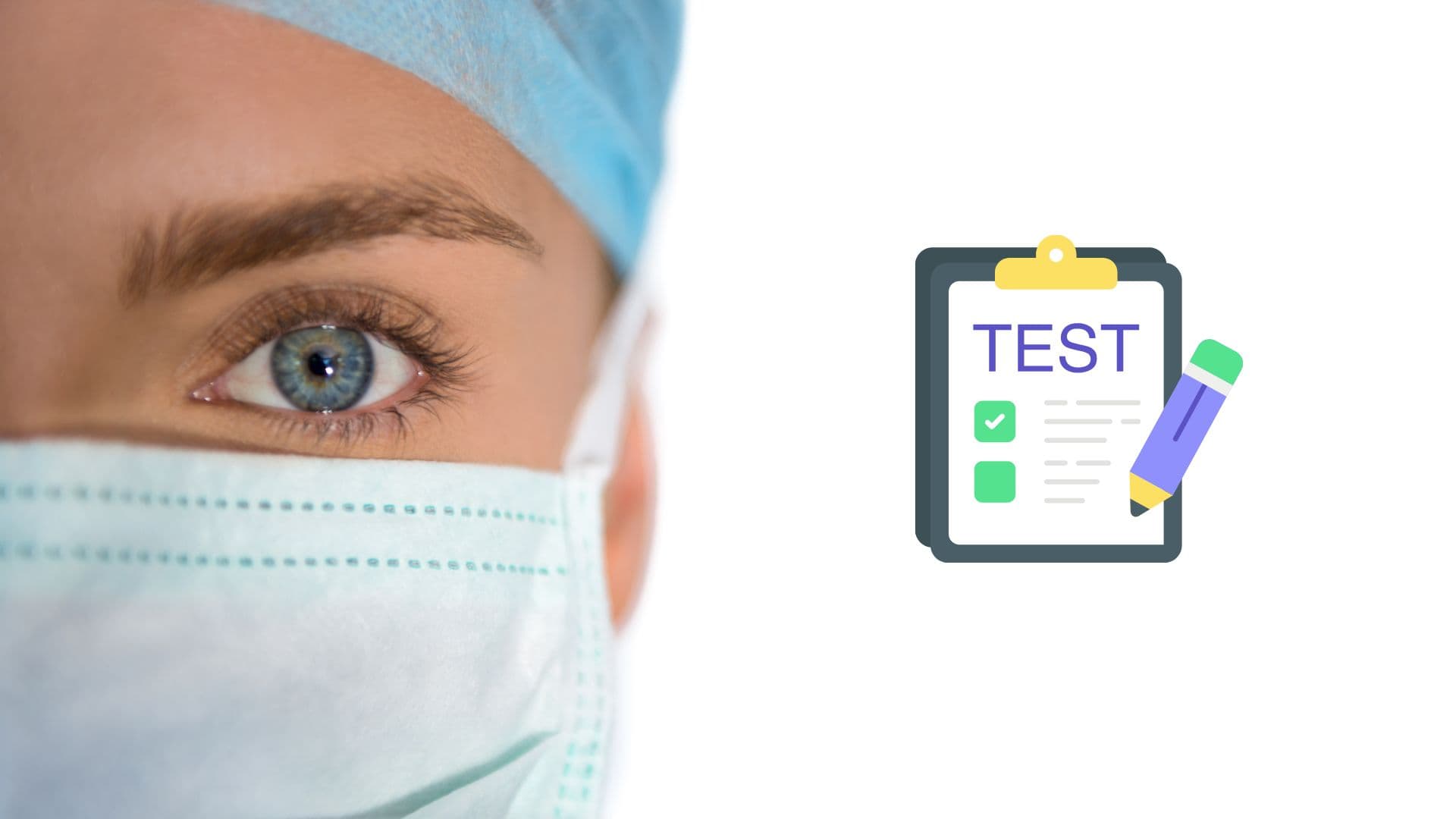
Two of the most important tests that future doctors need to take are the MCAT and USMLE. But what are these tests? And how are they different?
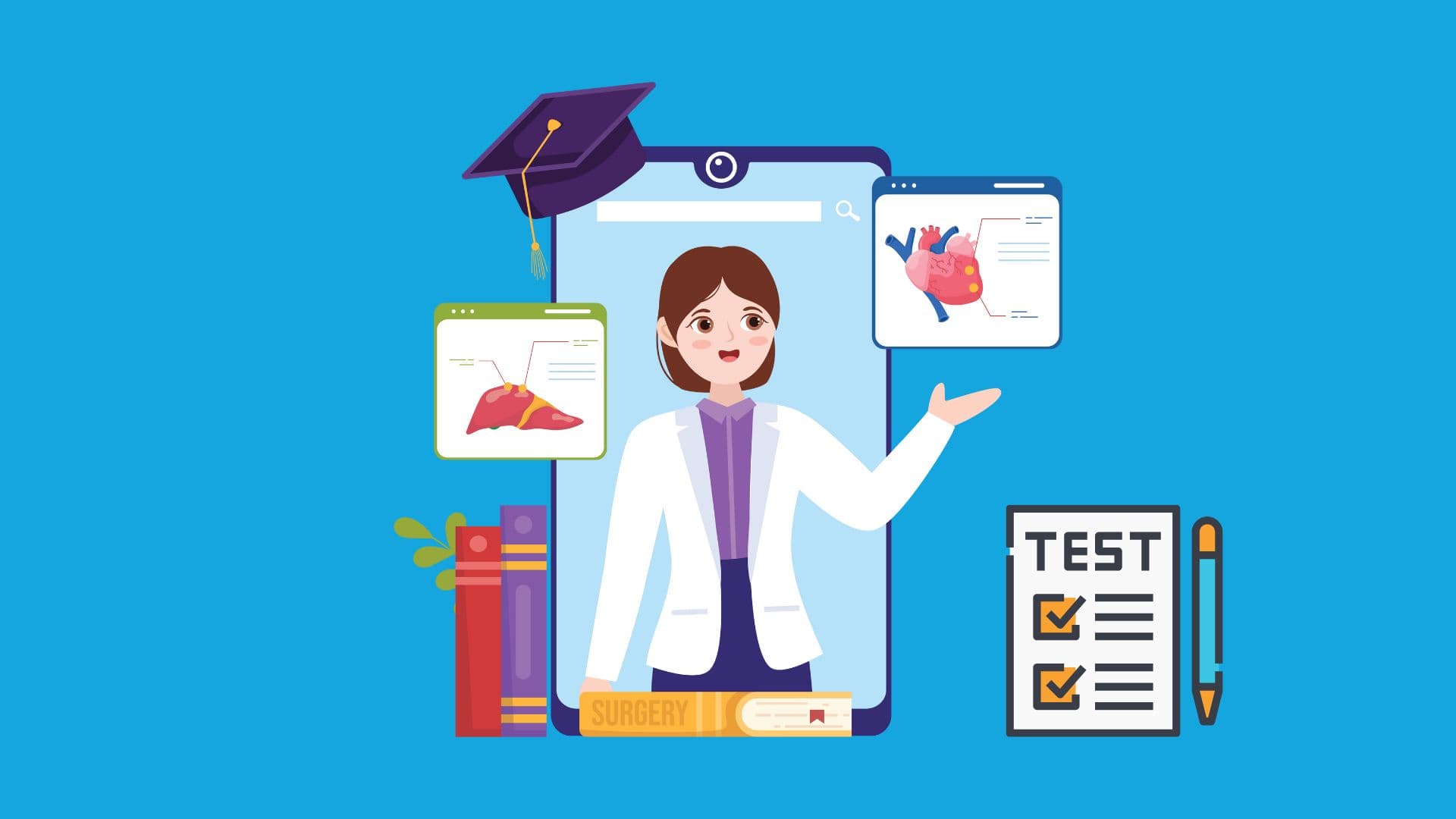
The USMLE provides a free practice exam for prospective Step 1 test takers: the “USMLE Free 120”. Learn more about the test and how to use its results.
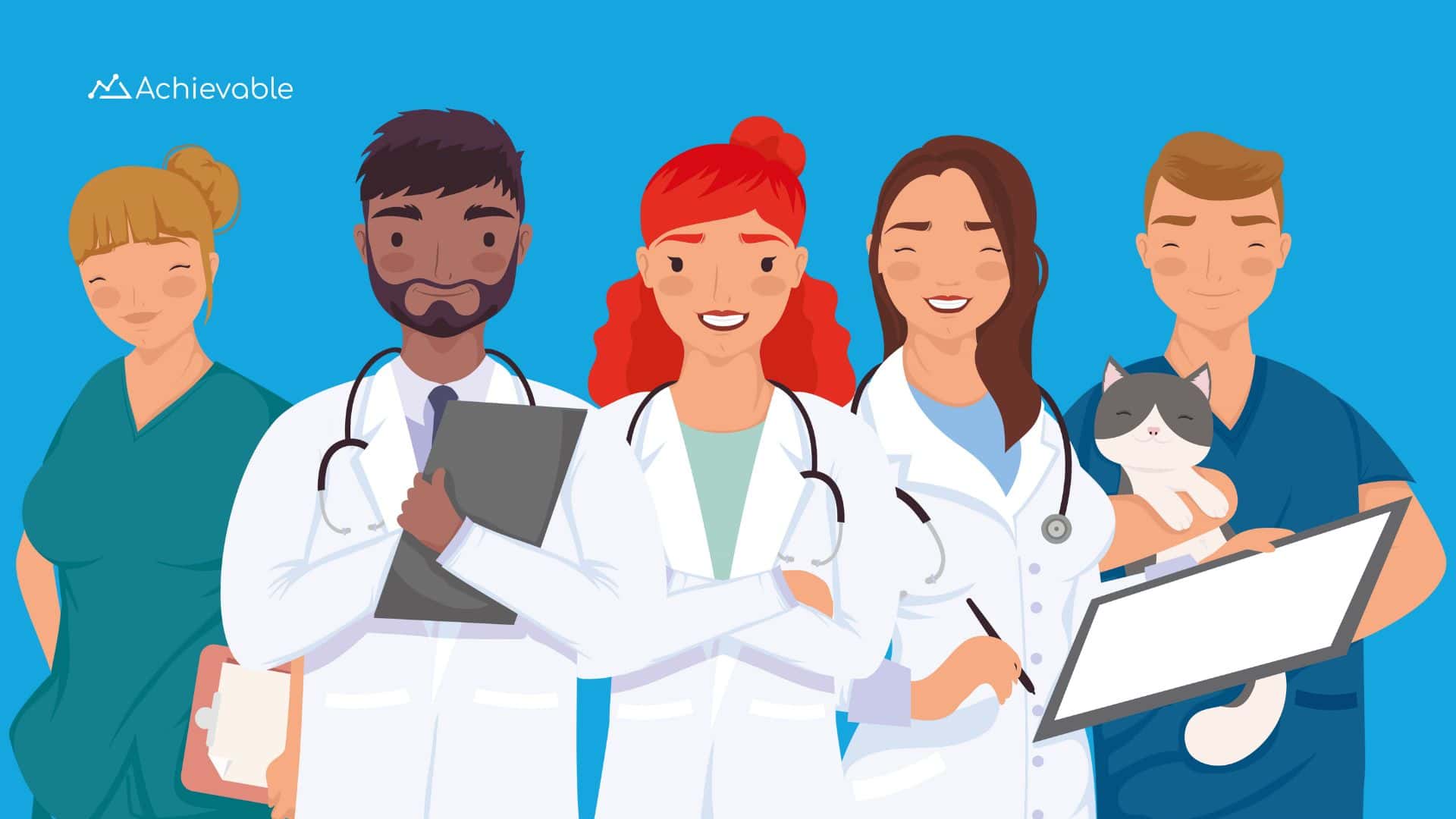
There are 14 medical specialties you can apply to for your residency – which one is right for you? We rank them by USMLE score, average salary, and share details so you can see which specialty is right for you.